Real estate is constantly evolving and, undoubtedly, ESG is among the most important challenges facing the market, so the hotel industry cannot be exempted either. Hotel guests, investors, owners, employees and brands worldwide are increasingly showing interest in responsible environmental practices, sustainable tourism, social welfare, corporate governance and transparency. The growing expectations of customers and employees are thus spurring the hotel industry to prioritise decarbonisation initiatives, proper environmental management and responsible social policies and practices.
CO2 emissions analysis by CBRE Econometric Advisors from March 2023 shows that accommodation facilities need to reduce their carbon footprint more urgently than other real estate asset classes. The combination of a lower-than-average carbon footprint and an increased preference for environmentally friendly hotels by both investors and guests is expected to accelerate the pace of improvement in the coming years.
On the environmental sustainability front, many large hotel chains have already committed to the targets set by the Paris Climate Agreement to reduce greenhouse gas emissions, essentially introducing initiatives in four key areas: energy efficiency, carbon and other greenhouse gas emissions, water conservation and waste reduction. Although creating consistency in the reporting of water, waste, energy and carbon emissions metrics can be challenging, many hotel brands have begun to use the Global Reporting Initiatives (GRI) and other models developed by the European Financial Reporting Advisory Group (EFRAG) and the International Sustainability Standards Board (ISSB) to establish an internal framework on reporting standards that are effectively helping hotel industry stakeholders to understand and compare performance in relation to ESG goals. In addition, numerous third-party organisations are collaborating with the hotel industry to develop research and tools in order to help hotels understand the climate impact of their activities.
According to the Sustainability Hospitality Alliance (SHA), the hospitality industry must reduce carbon emissions per room by 90% by 2050 in order to meet the targets set by the Paris Climate Agreement. This challenge represents a great opportunity for the entire hotel industry to adopt a strategy of environmental and social sustainability.
The steady increase in tourists and travellers embracing an eco-friendly and socially responsible travel style is encouraging news. More and more people are aware of the environmental and social impact of their choices and prefer to stay in establishments that show concern for the environment by adopting sustainable practices.
In response to this growing awareness, hotels are thus embracing new trends, such as the adoption of the circular economy philosophy of the Three Rs (Reduce, Reuse, Recycle) to reduce their carbon footprint both in the construction of the facility and in the services offered to guests. The adoption of biophilia, biodiversity and green infrastructure practices, such as rain gardens and botanical gardens, which also help to create a fun educational customer experience, are becoming increasingly common to address and mitigate the risks posed by climate change.
Diversity and inclusion are other key aspects for the hotel industry. Establishments are promoting inclusion policies among their workforce and offering services and travel experiences with local communities, attracting an increasingly aware and open-minded clientèle. Significant examples are the Marriott and Hilton chains, which were recognised among the top 50 companies in the 2020 diversity ranking, demonstrating the increasing value placed on these policies.
The role of the staff is also of particular importance. Hotel owners are increasingly investing in training programmes aimed not only at improving customer service and well-being, but also at ensuring the security of customer data and preventing the use of hotel facilities for organised crime activities. The protection of personal data has become crucial in the digital age, and hotels are required to ensure maximum security and confidentiality in order to maintain the trust of their guests.
In summary, the hospitality industry is embarking on a transformational journey in order to embrace sustainability towards the environment, its customers, staff, value chains and local communities. These joint efforts will help create a hotel industry that can become an example of corporate citizenship and inspire virtuous behaviour for tourists of all ages.





